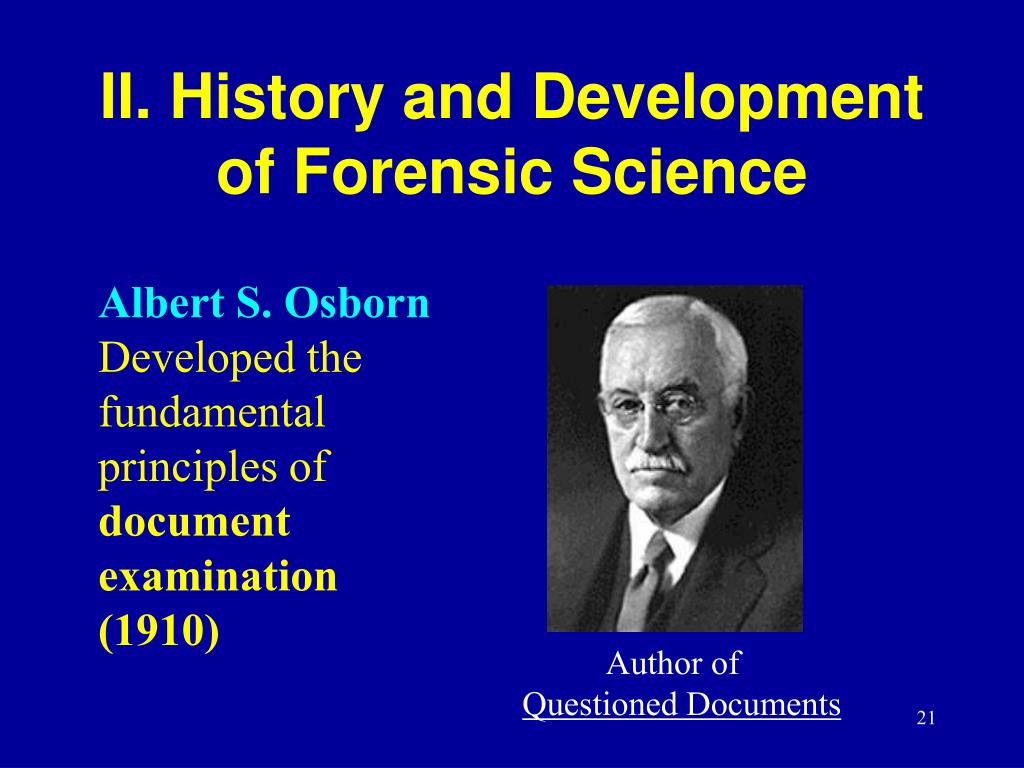

Galton’s chief interest in his later years was the inheritance of nobility and talent. However, he was disappointed to find no evidence that fingerprint types were heritable. The fingerprinting measurements were part of Galton’s increasing interest in heredity. Having collected hundreds of fingerprint samples, Galton created a taxonomic classification system still largely in use by forensic scientists of the twenty-first century. Galton’s intensive use of measurement methodologies led him to discover and establish fingerprinting as a reliable method of identification. Galton observed that if a variable is extreme at its first measurement, it also tends to be closer to the average on a second measurement, and vice versa. One of his important contributions to the field of statistics was his description and explanation of the common phenomenon of the regression toward the mean. He was chiefly engaged in measuring and quantifying everything he observed.
#Galton forensic science free#
Supported by his inheritance, Galton was free to live the life of a gentleman scientist, pursuing experiments and observing the natural world from the comfort of his home. In 1853, he married Louisa Jane Butler upon returning from Africa, and settled into a London estate with his wife. His expeditions through unexplored parts of Africa won him a silver medal from the French Geographical Society, and the election to the Upon his wealthy father’s death, Galton inherited a fortune that allowed him to leave his medical studies and travel. However, he was regarded by contemporaries and later by historians as unusually intelligent, owing to the value of his writings and the breadth of his work. Though he attended classes atĬambridge and began a medical program in London, he never obtained a degree. The son of a wealthy banker family, Galton was raised as a member of the leisure class.

Galton and Darwin shared the common grand father Erasmus Darwin, a famous naturalist and philosopher. He was the half-cousin of the famous naturalist Charles Darwin. Galton was born on 16 February 1822 to Samuel Tertius Dalton and Francis Anne Violette Darwin, in Birmingham, England. His most important contribution to the field of embryology was his work in statistical models of heredity. Nature versus nurturein human personality traits, developed a family study method to identify possible inherited traits, and devised laws of genetic inheritance prior to the rediscovery of Gregor Mendel’s work. In the history of biology, Galton is widely regarded as the originator of the early twentieth centuryĮugenics movement. He contributed greatly to the fields of statistics, experimental psychology and biometry. Sir Francis Galton was a British science writer and amateur researcher of the late nineteenth century.


 0 kommentar(er)
0 kommentar(er)
